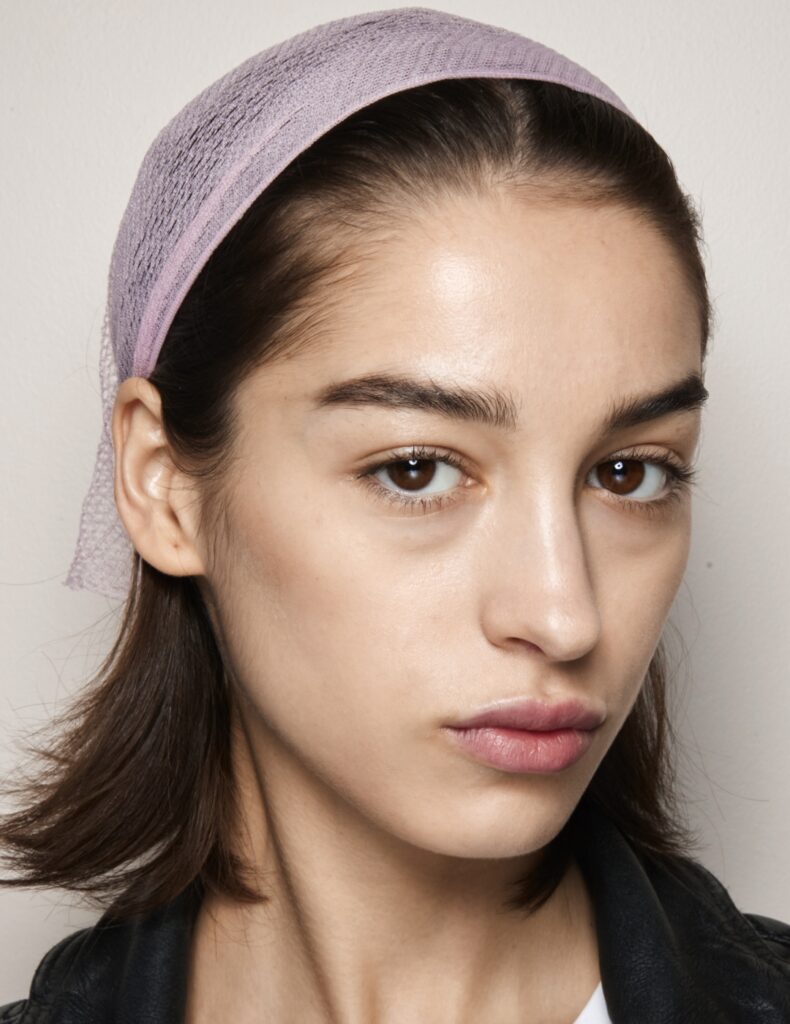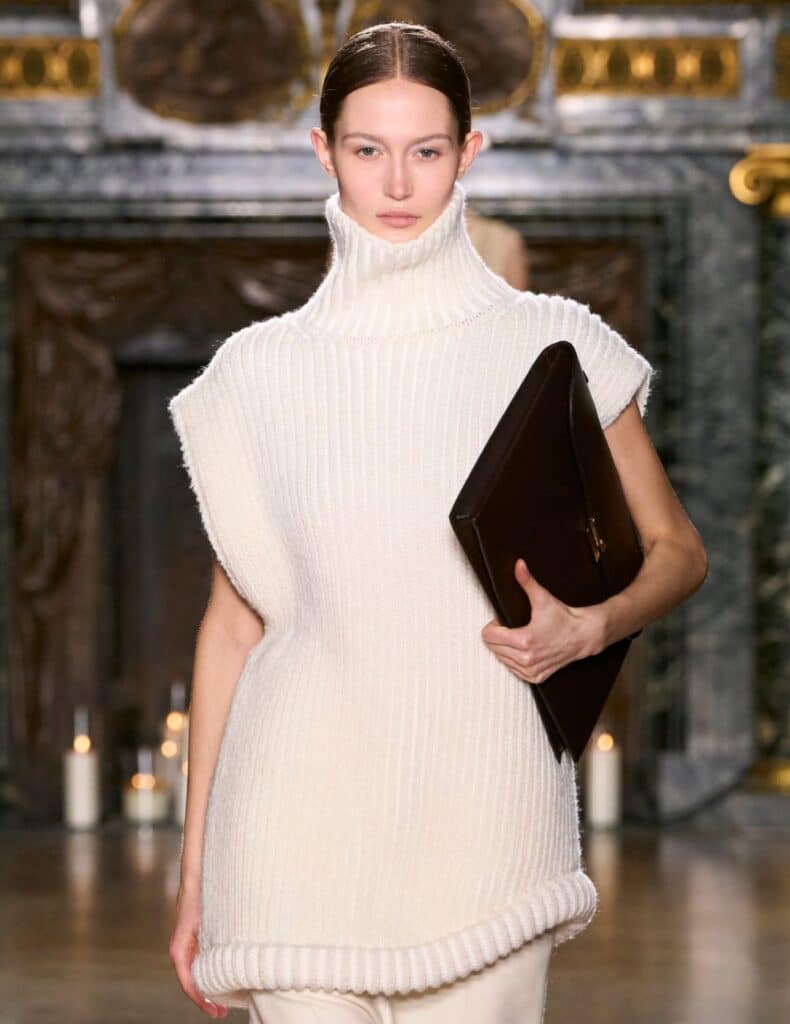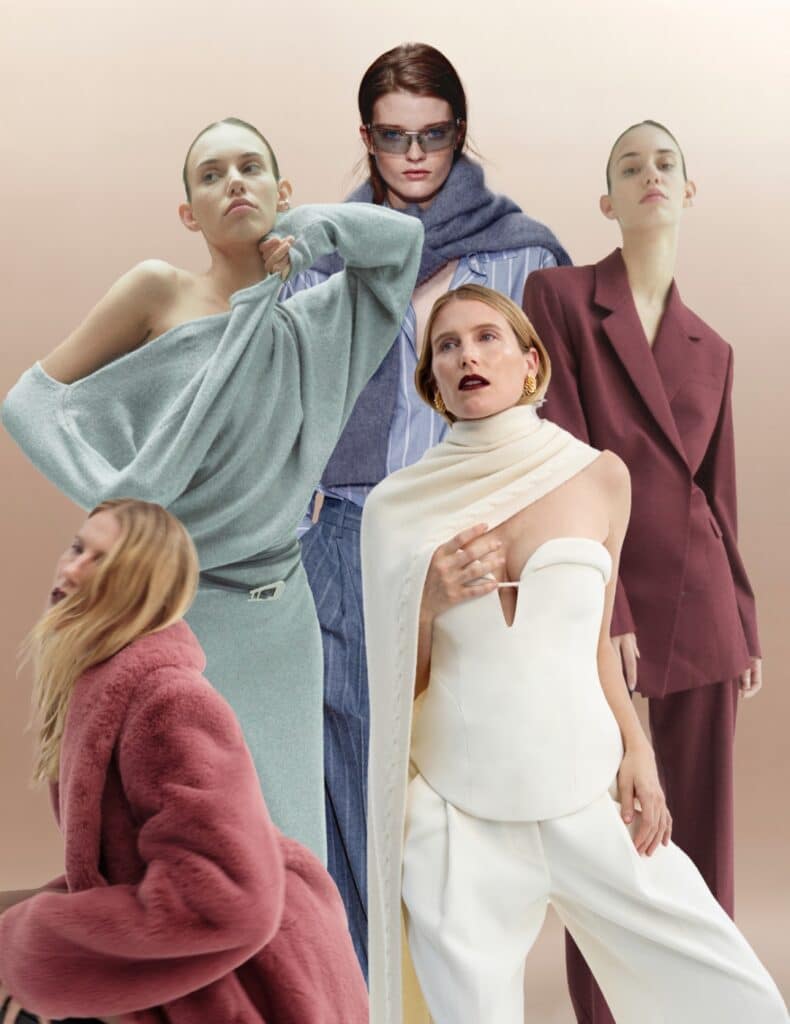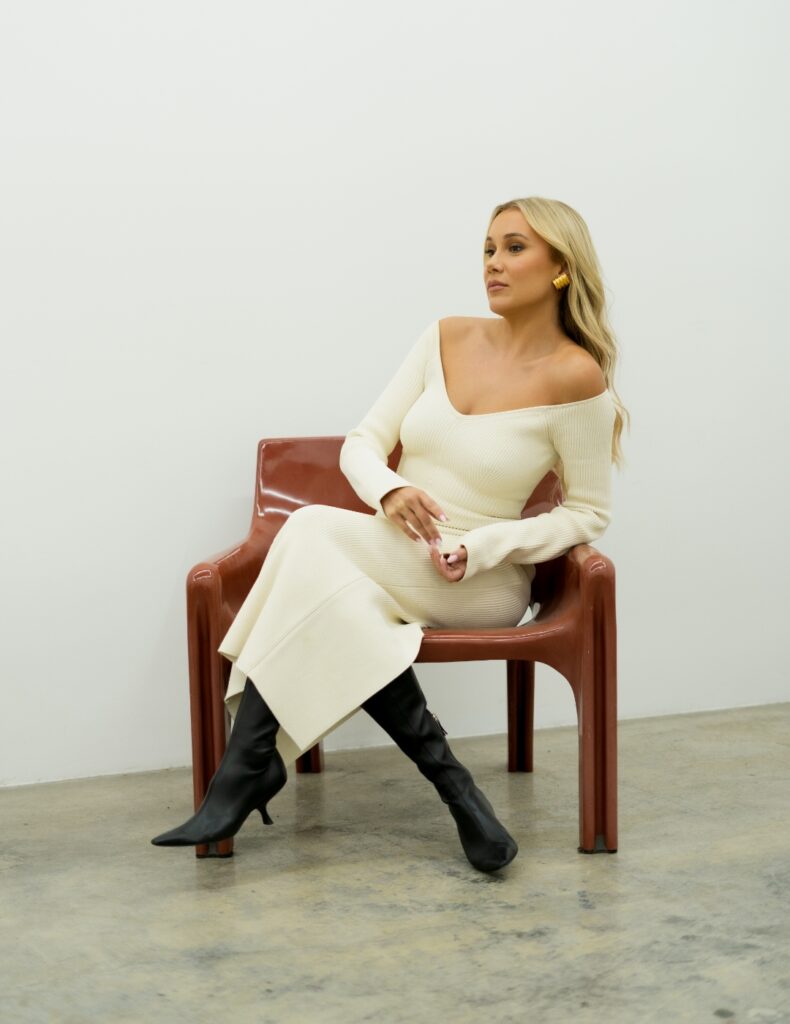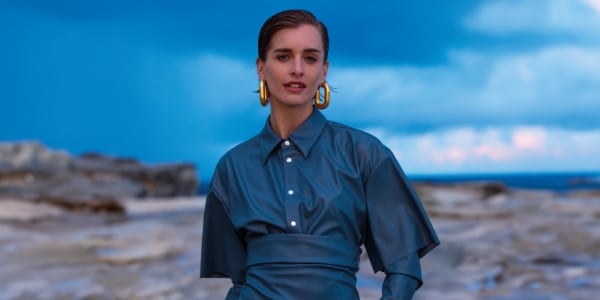While science, technology, engineering and maths have traditionally been viewed as male-dominated subjects, a growing number of female students are making waves in STEM, and the world is taking notice.
When it comes to breaking glass ceilings, you don’t have to look far to find a veritable demolition crew challenging stereotypes and shaping the future. Talented Kiwi women with expertise in the areas of science, technology, engineering and maths (known as STEM) are not only growing in number, but making their presence overwhelmingly felt.
STEM subjects have taken them around the globe, creating innovative technology and advancing the battle to save the environment; and for many of the country’s top minds in this area, the journey began at the University of Auckland.
Dr Heide Friedrich, deputy head of the Faculty of Engineering, is proud that work coming out of the university is not just world leading, but world-changing. “It’s really fulfilling to see how students perform not only academically, but also how they contribute to society,” says the environmental engineer and president of the New Zealand Association of Scientists.
“They are out there meeting the challenges of sustainability, inequality and all those things that affect our lives.” Such pioneers include the likes of engineering alumna Dr Delwyn Moller who worked at NASA and provided critical data around climate change in her former role as the director of research at the Centre for Space Science Technology.
Then there’s Dr Vickie Shim, whose work at the Auckland Bioengineering Institute could be life-changing: she’s developing a mobile app that diagnoses the severity of brain injuries through eye movement.
With a masters degree in mathematics and statistics, Lovina McMurchy wrangled multi-million dollar business growth and held general manager roles at Microsoft and Amazon in the US. And these women are just the tip of the iceberg.
We heard from three #girlbosses who have studied STEM subjects, and got their stories… safe to say, we’re inspired:
Aorthi Afroza
Tech undergraduate
Aorthi Afroza admits she didn’t think she’d fit in studying engineering. Aside from the fact she didn’t like physics, the 21-year-old had heard any students who weren’t boys, were tomboys.
“You think, ‘I don’t fit that stereotype so I’m not going to fit in and I don’t want to do it’,” says Aorthi, who – outside her studies – is producing the annual Engineering Revue theatre performance. “But then I came to an engineering event and met girls just like me; who like makeup, who are super extroverted and like to dance, act and sing!”
The hackneyed depiction of a typical female engineering student wasn’t the only misconception Aorthi soon saw through.
“A lot of people don’t think of engineering as helping people; but I now realise everything you do is about making lives easier. I also thought I’d be isolated and working alone, but it’s the complete opposite.”
Happily, she also discovered not all engineering involves physics – as is the case with her specialisation, computer systems engineering, which encompasses both writing software and creating hardware. One of her most memorable projects has been designing a robot’s sensors, then programming it to work out the shortest path through a maze.
“I just thought it was incredible,” recalls the final-year student, who has interned as a web developer at Trade Me. “Here I was in my third year of engineering, already programming a robot to think.”
As to the future, Aorthi is optimistic she will find a job that fulfills her need to make a positive impact on people’s lives. “I’m very fortunate that my specialisation and the thing I love happens to be something that, especially in New Zealand, is a big industry – tech is really growing.”

Jessie Jacobsen
Lecturer
Anyone harbouring doubts about the impact academics can have on society should chat to Dr Jessie Jacobsen.
The biological science senior lecturer not only helped pave the way for a potential revolutionary treatment of Huntington’s Disease, her research now gives hope to Kiwi kids with neurodevelopmental disorders.
“Nothing beats being able to deliver a diagnosis for a family, and in some instances provide life-saving treatment, it’s just incredible,” says the former Young Scientist of the Year. “Those moments just make it all worthwhile.”
While Jessie has spent almost 20 years studying biology, she admits when she enrolled at the University of Auckland to do a Bachelor of Science, she was unsure where it would take her – “as an undergrad I wouldn’t have been able to tell you what a PhD was!”
It was being exposed to a broad range of research that allowed her to discover her passion for neuroscience and genetics, an interest which led to her studying with scientists at Harvard Medical School, before taking up a prestigious Rutherford Discovery Fellowship in Auckland.
Today, her work involves analysing the genetics of Kiwi kids with developmental disorders in a bid to find the cause of their conditions, as well as passing on her knowledge as a lecturer to undergraduates. Her enthusiasm for what she does is palpable.
“To be in an environment where you can constantly learn, be challenged and dream is quite a unique place to be in,” says the 37-year-old. “Sometimes you find things no-one else in the world has found before, which leads you on to biology no-one has discovered. It can be really hard yakka, but in wanting to change things, you end up doing incredible projects.”
Alumni Elise Beavis
Performance engineer, Team New Zealand
As a teen sailor who had represented her country at the Youth Olympics, Elise Beavis had a goal: to work with Emirates Team New Zealand. She was under no illusion it would happen quickly – “I thought hopefully in my thirties I’d make it there” – but she knew studying engineering science would get her a step closer.
Yet less than three years after her orientation at the University of Auckland, Elise’s dream was becoming reality, as she was interning with the soon-to-be winners of the 35th America’s Cup. The internship turned into a job, which evolved into an offer to join the team full-time as a performance engineer, which led to an invite to travel to Bermuda.
“It was sort of dream after dream,” admits the 24-year-old, who is now focusing on the 2021 campaign. “I have learned so much and the team atmosphere is a huge positive. When you’re doing what you love, you get up in the morning and it’s like, ‘Yay, work!’”
Scoring her dream job began with fulfilling the practical work component of her degree by spending two summers interning at PURE Design and Engineering, a company that has been involved with numerous America’s Cup boats.
While there, Elise asked around about any opportunities with Team New Zealand – “I said I’d do anything, in any area” – and her enthusiasm, skills and choice of degree combined with a reference from a past sailing coach got her foot in the door.
The former Kristin School student believes the key to her success has been amalgamating her enjoyment of maths and science with her love of sailing to identify her perfect role.
“If you can combine your outside interest with what you’re interested in academically, then you’re going to be pretty happy,” she says. “Not everyone has a goal like I did, but if you know what you want to do, just give it 100%. There’s nothing to lose by trying it.”
STEM AND BEYOND
While STEM refers to just four subject areas, it is by no means limiting in the directions students can go – it’s an umbrella acronym for a plethora of study areas. Within the Faculty of Engineering alone there are nine specialties, while science has options from clinical psychology to winemaking.
Dr Claire Postlethwaite, associate professor in applied mathematics, explains that likewise, maths is about more than just calculations. “Maths can be applied to lots of difference sciences; I’ve worked on animal behaviour with people in the School of Biology, and I have an idea for a project with chemistry,” she says. “I’m keen to get involved in research that could actually solve some of the world’s biggest problems.”
STEM subjects offer an opportunity to make a real difference, but on a purely practical level they create job security too. Engineering, health, information computer technology and science all feature on New Zealand’s long term skills shortage list.
With forecasts that 80% of future jobs will require maths and science skills, it’s little wonder our government is devoting hefty resources to encourage more students into STEM.
“If you want a financially secure future then this course of study is definitely a good pathway towards that,” says Heide.
Women are woefully under-represented – let’s change that!
Of course, we can’t ignore the obvious; for all that numbers are increasing, women are still woefully under-represented both as students and within the workforce in STEM.
It’s a situation the University of Auckland is determined to change, as illustrated by initiatives such as the Faculty of Engineering’s drive to buck international trends and ensure 33% of first-year undergraduates are female.
Claire firmly believes addressing the gender imbalance will improve outcomes for all. “When the group is more diverse everyone benefits,” says the associate professor, who is on the working group for the university’s Women in Science Network, which aims to support female students and staff. Heide agrees. “In order to tackle the challenges we have as a society we need more viewpoints,” she says. “Women bring different experience and perspectives; we need as many females as we can get.”
And you can guarantee, those females will be changing New Zealand for the better.
This article was brought to you by the University of Auckland.





